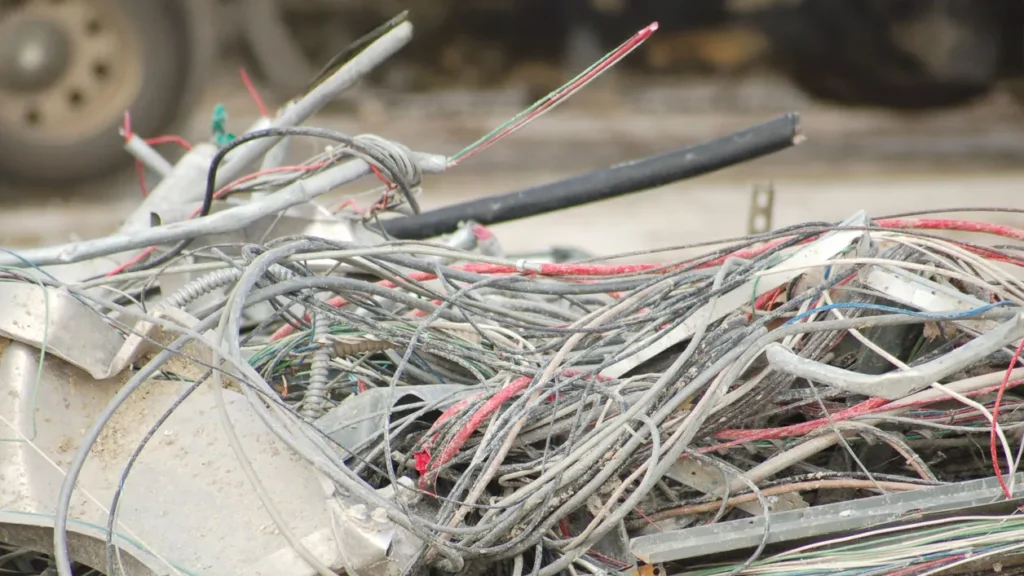America’s ISPs provide reliable and fast internet connectivity to millions of internet users every day so that their digital lives can go on uninterrupted, but what’s even more remarkable is the industry’s ability to conserve energy usage while maintaining productivity and protecting innovation. Under the industry’s Voluntary Agreement for Ongoing Improvement to the Energy Efficiency of Small Network Equipment, home internet devices—such as modems and routers—are nearly 20 percent more energy efficient than typical, previously deployed devices used by the signatories to the agreement. NCTA and the Consumer Technology Association helped to establish the Agreement in 2015, which was modeled after the award-winning voluntary agreement for set-top boxes, and NCTA and CTA announced last week that the Agreement has been extended for an additional four years with new, more rigorous, energy efficiency goals for its signatories.
The extension of the Agreement commits the industry by 2020 to levels that are on average 11 percent lower than the current Agreement. Neal Goldberg, NCTA’s General Counsel, explained, “The four-year extension of the Voluntary Agreement demonstrates our industry’s commitment to approaches that assure our customers benefit from energy efficiency measures while maintaining our ability to develop new services and equipment which they demand.” Participants in the agreement include major service providers AT&T, Cablevision, CenturyLink, Charter, Comcast, Cox Communications, Frontier and Verizon, as well as the following equipment manufacturers: Actiontec, ARRIS, D-Link, NETGEAR, Technicolor and Ubee Interactive.
According to a new auditor’s report by D+R International, 99.2 percent of the devices purchased or sold at retail by participants in 2017 met the Agreement’s energy efficiency levels. All of the participants in the Agreement met the commitment to ensure that 90 percent of their new devices met these levels.
Notably, the auditor found that small network equipment devices still managed to show improvement in energy efficiency even when upgrades were made and new functions were added to enable better Wi-Fi strength and performance. As Debbie Fitzgerald, Director of the Energy Efficiency Program at CableLabs, said, “The signatories of this voluntary agreement have increased broadband speeds by nearly 60 percent from 2015 to 2017 while making their devices that deliver those services more energy efficient … This remarkable achievement highlights the effectiveness of the voluntary agreement in enabling us to continue developing breakthrough innovations for consumers.”
The number of internet-connected devices in the home will only increase, and the demand for faster internet speeds and more robust Wi-Fi to stream and support advanced technology will climb. The extension of this Agreement will allow the industry to continue to deliver on energy savings while at the same time allowing for innovation and competition to go on unhindered as Americans enjoy an optimal internet experience in their homes.
Visit the industry’s energy efficiency page for more details on the Agreement and to see a full list of signatories.








